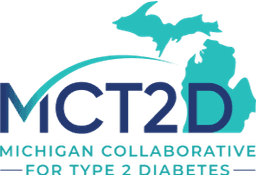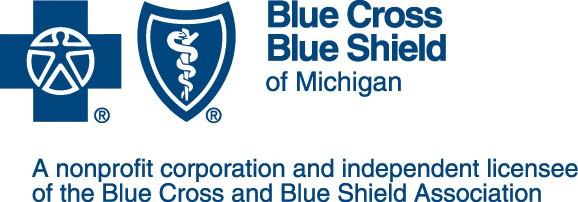SPECIALTY CARE

Grocery delivery and low carbohydrate education to support patients with type 2 diabetes and food insecurity
Updated: 04/22/24
Context: Lifestyle modification is the first line of treatment for patients with T2DM, but individuals with food insecurity or low income often lack the resources (knowledge, transportation) to adopt the necessary dietary changes. Evidence supports lower carbohydrate diets to improve glycemic control and reduce medication needs.
Objective: To implement and evaluate a quality improvement program to support patients with T2DM and low income in adopting a lower-carbohydrate, healthier diet. Study Design and Analysis: We conducted a cohort-based program with mixed-methods analysis of patient surveys and medical data. Setting: Patients across the state of Michigan who see a primary care provider participating in a T2DM quality improvement collaborative were enrolled in our program.
Population: Patients with T2DM and food insecurity or low income.
Intervention: Program participants were enrolled in a 3-month program which included access to home grocery delivery, $240 worth of healthy food purchasing credits, and educational materials (recipes, tips, etc.), to jumpstart a healthier, lower carbohydrate diet.
Outcome Measures: Outcomes included patient-reported experiences, satisfaction, health impacts, change in knowledge, and confidence in diabetes management via qualitative interviews and surveys. Results: 84 patients with T2DM and food insecurity were enrolled with an average age of 55 (SD=13), 73% identified as female, and 89% as white. Participants reported the program to be extremely or very helpful (82%), in part because it “helped me to make healthier food choices” or “I could afford food for once.” Pre- and post-program surveys additionally suggest increased confidence in diabetes management (average confidence level (out of 5): 3.6 vs. 4.1) and increased diabetes knowledge (percent correct: 82% vs. 85%).
Conclusions: Overall patients report that healthy food credits, grocery delivery, and lower carbohydrate education increased their confidence and knowledge, and supported their ability to make dietary changes to treat their diabetes. Programs offering similar support to those most nutritionally in need may have significant impact on health, and associated healthcare costs, for patients with diet-sensitive chronic diseases.
Citation
Waselewski Marika, Chang Tammy, Oshman Lauren, Young Larrea, Kim Noa. Grocery delivery and low carbohydrate education to support patients with type 2 diabetes and food insecurity, Oral presentation, North American Primary Care Research Group (NACPRG) Annual Meeting, San Francisco, CA, 10/31/2023. https://napcrg.org/conferences/2017/sessions/4804
Tags: Research, Created By MCT2D


